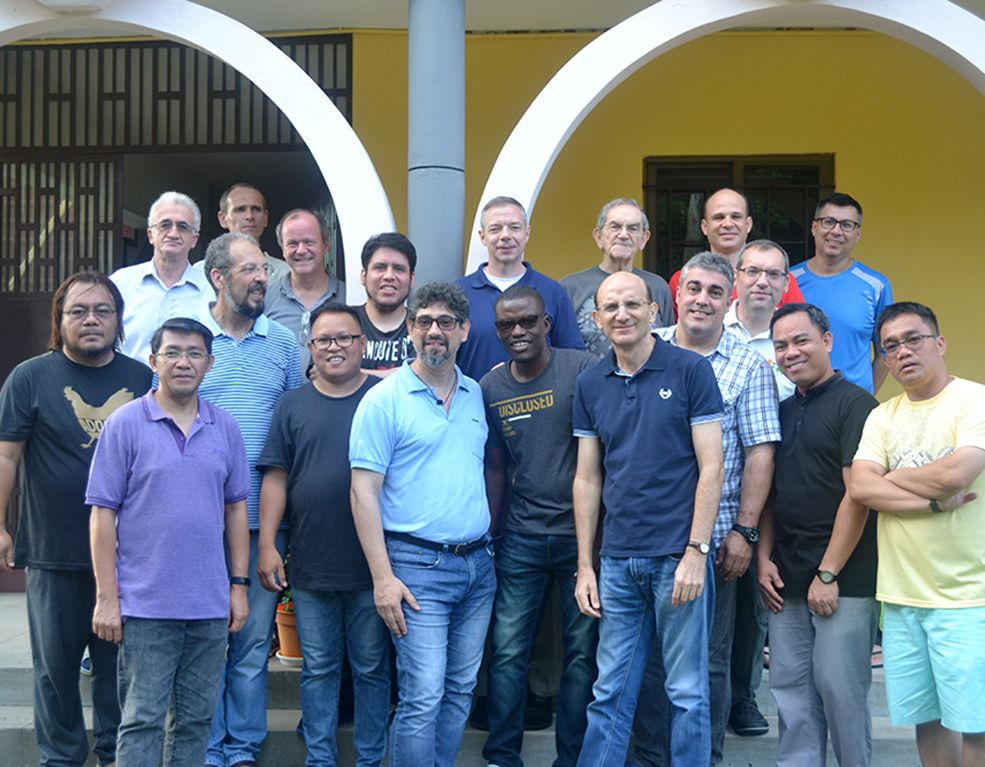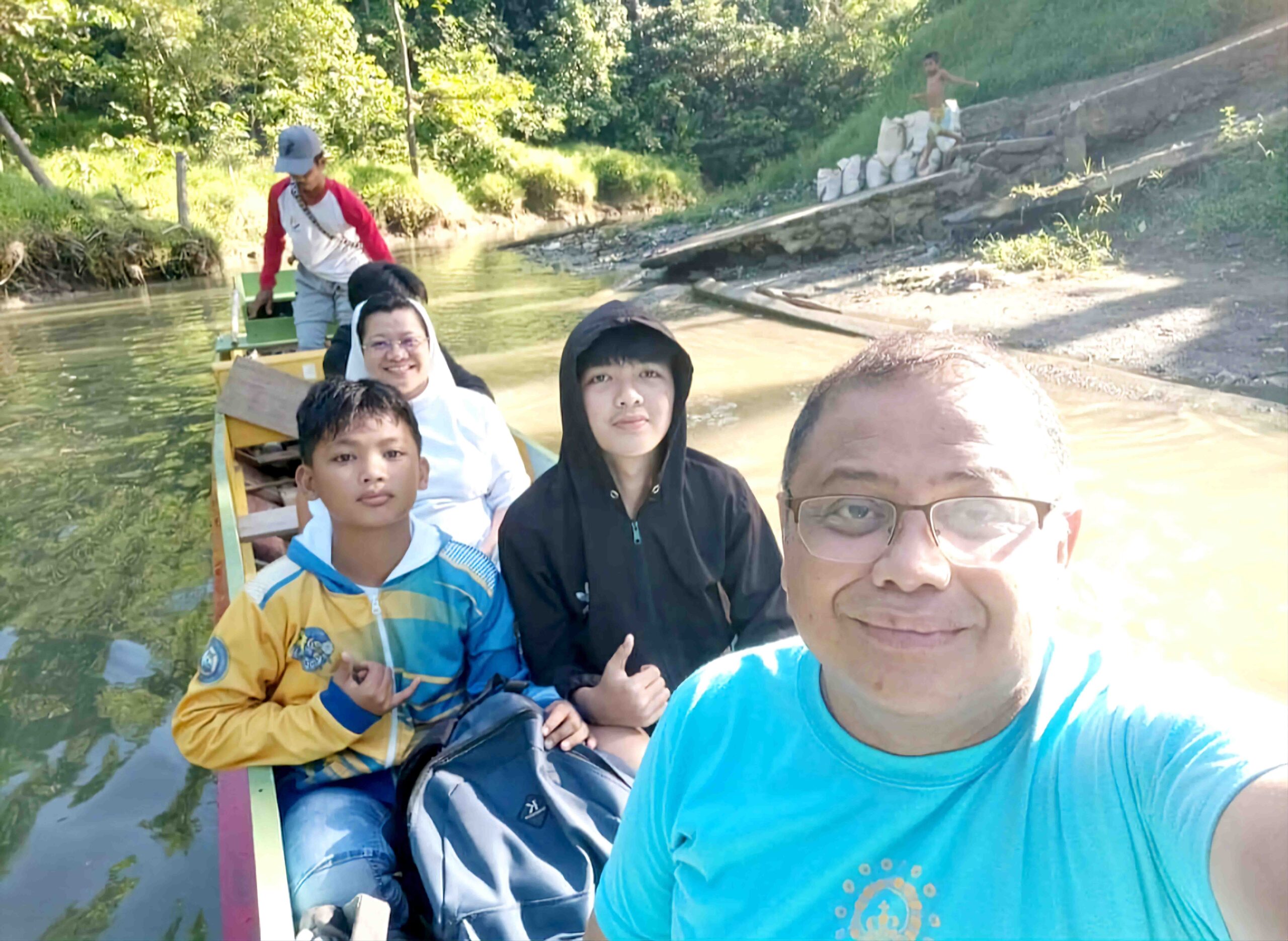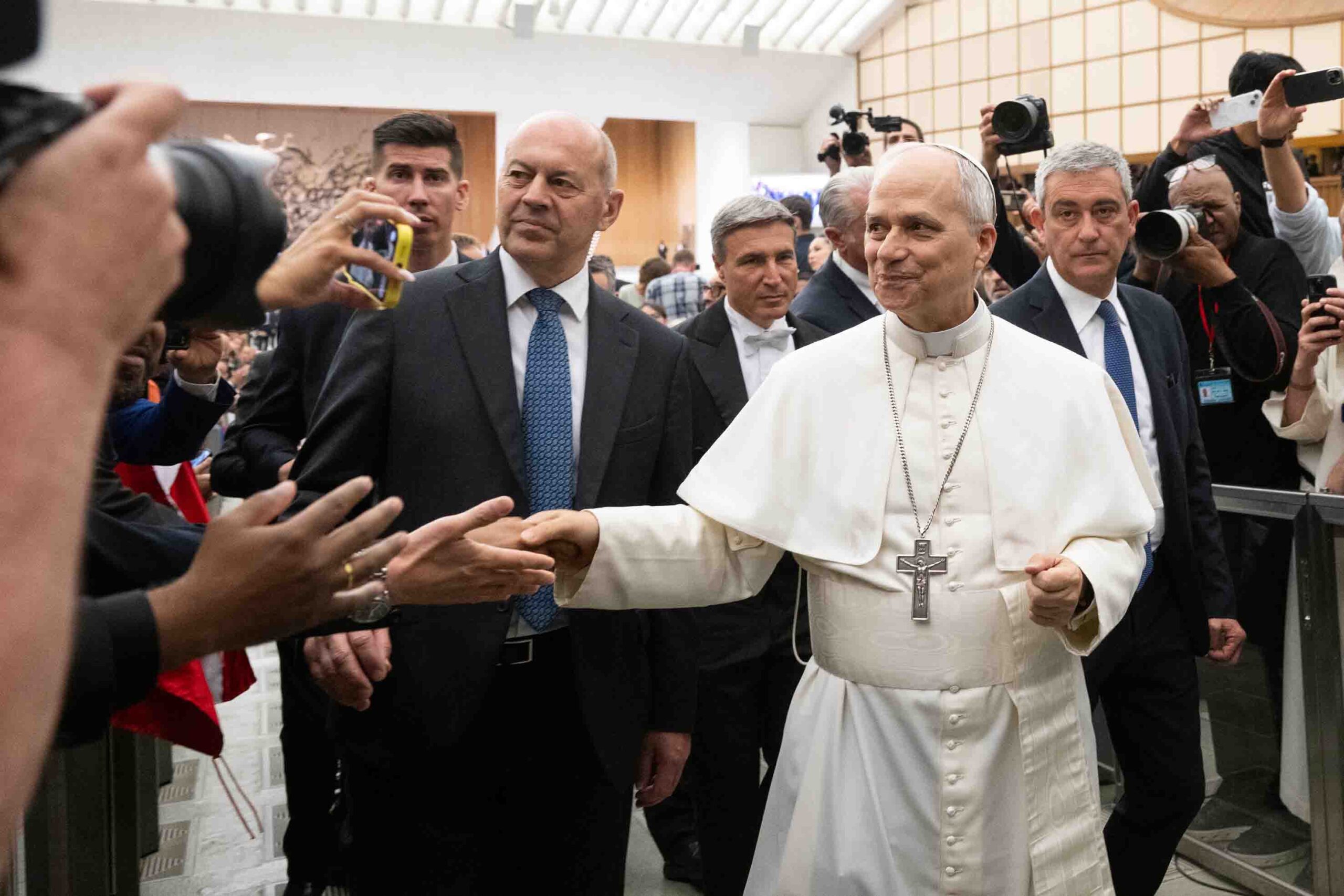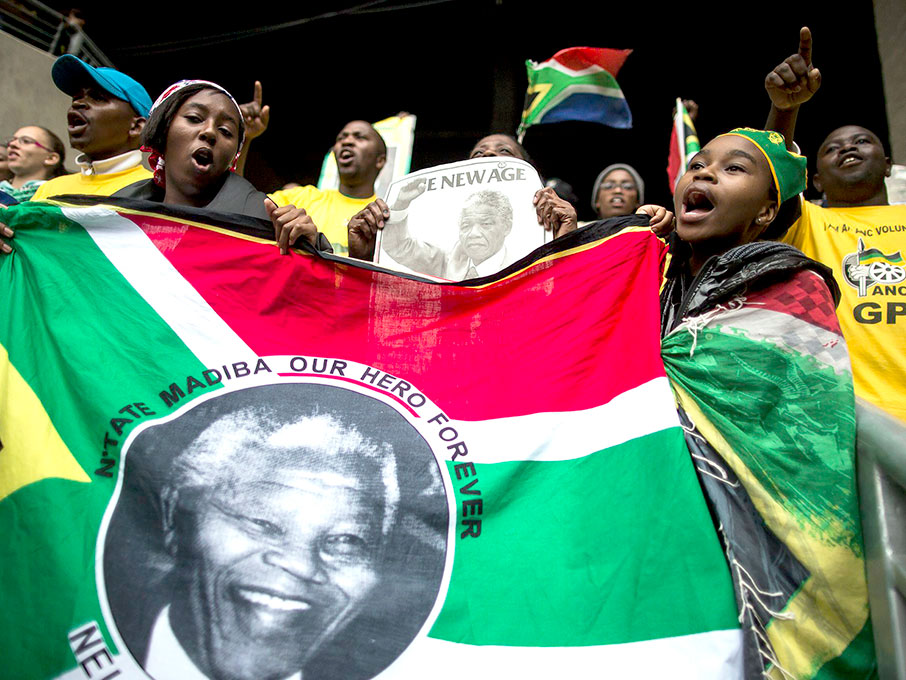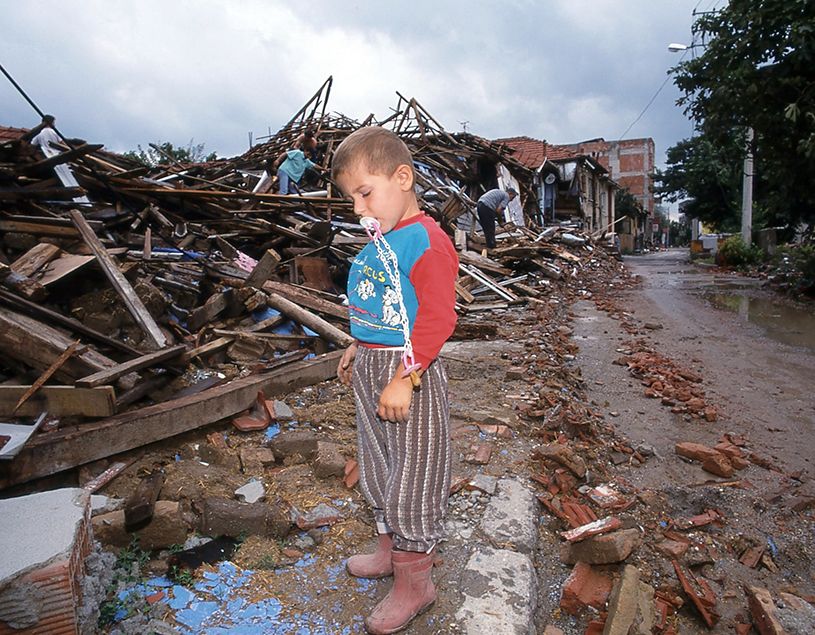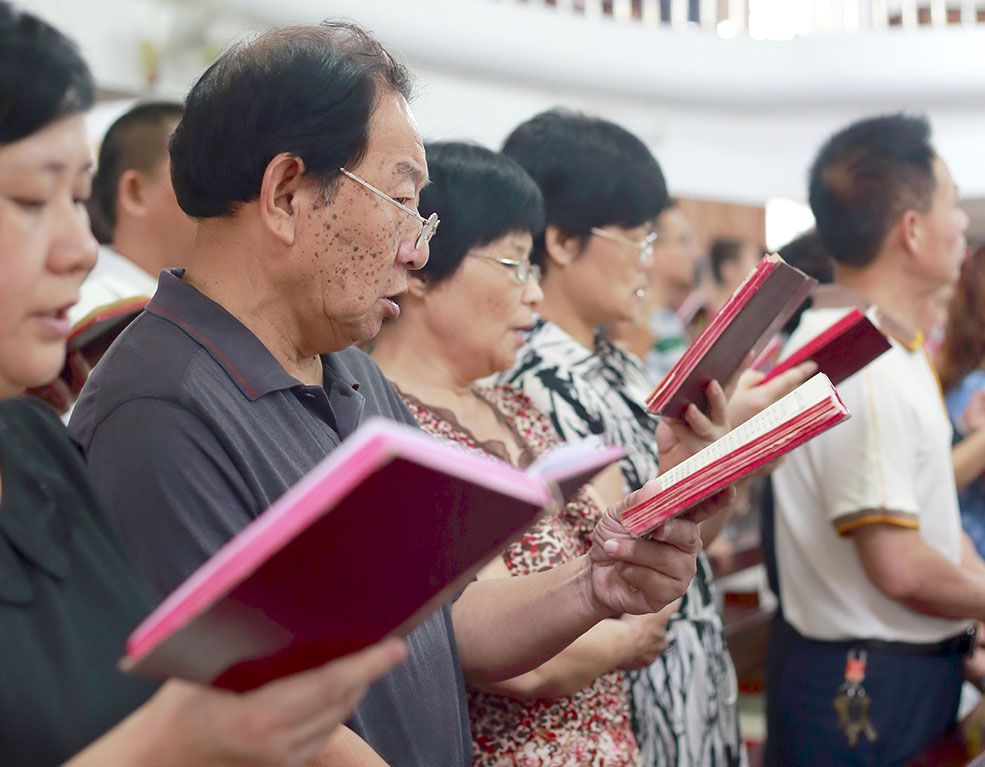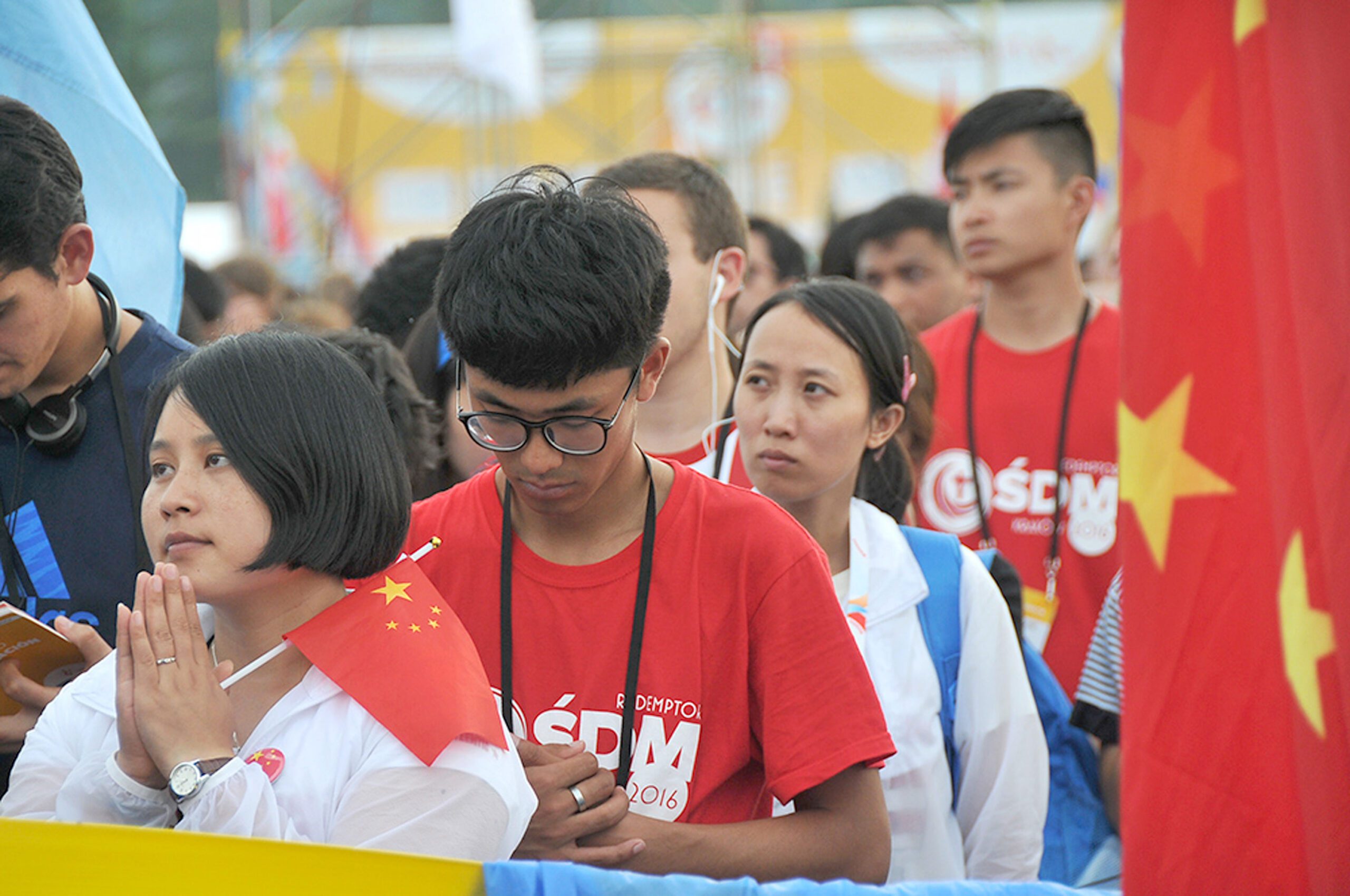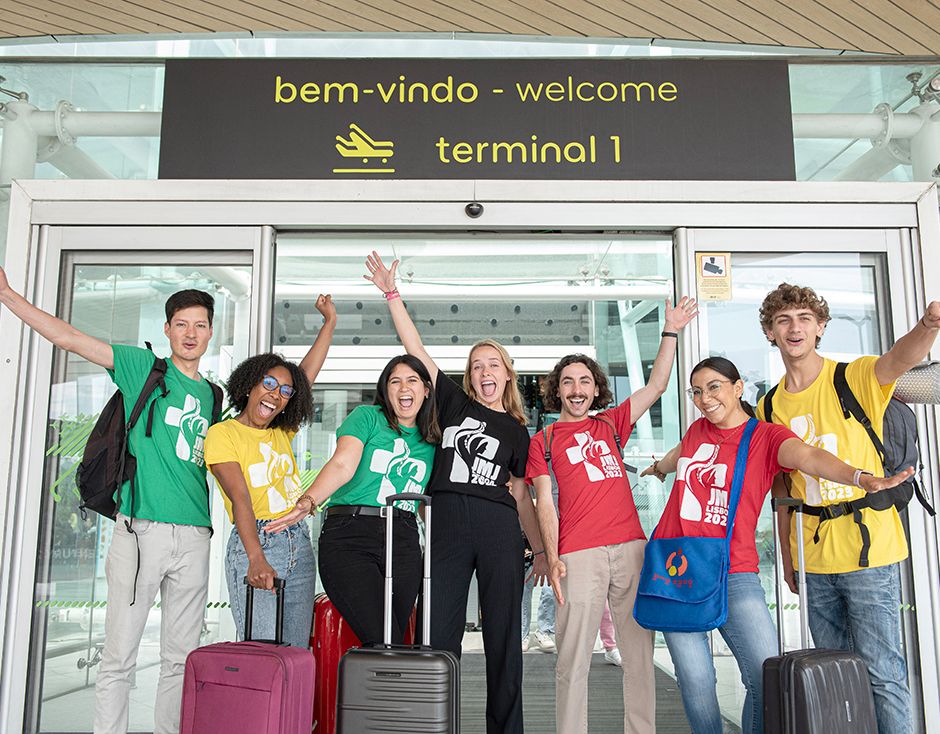Yesterday on one of my regular walks along the paths and byways around the place where I live here in Luanda – they call it “Mwitubwi” – ‘marshland’ in the local lingo – for the first time, this Advent season, I heard some children sing a Christmas carol somewhere in the distance. The words were in the local language but the tune was familiar. Yes, I know now, it is true, Christmas is near!
And this morning, there she was again. Mama Josephine had quietly crept onto our veranda clutching little Sophie in her arms. About three months ago she came to see me for the first time. She had found this little baby on a rubbish heap near the market in Luanda, she told me, and her heart had melted at the sight. A note from the local social worker served as proof of the veracity of what she said. And could I assist her with a few shillings to buy some milk? I tried to persuade her to entrust the baby to a local orphanage, but she was adamant she would like to raise this fragile little dollop of humanity herself – with a little assistance. And so she calls in every few weeks. Sophie is prospering, by the looks of it, and she beams a radiant smile at me when I come closer.
Maybe it is a little too easy to make comparisons with the Christmas infant, but for me the distance between this little foundling and the child in the crib in Bethlehem is not so big. “Emmanuel” – an experience of heaven on earth – after all signifies that you can find traces of God in every human experience, most of all when words fail. Francis of Assisi, who ‘invented’ and popularized the Christmas crib more than 800 years ago wanted to show, above all, where true happiness lies – not in having a lot of things, but in feeling loved by the Lord, in making oneself a gift for others, in loving. That happiness I wish all of you, this Christmas!
African tradition
For most people here in Kenya, Christmas is first and foremost a family celebration. Spouses, who at times are away for months for reasons of work, in the capital Nairobi or elsewhere, come home. Children who have flown from the nest, away at school or have left home for some other reason, flutter back to the parental homestead. On Christmas Day everyone gathers around the common table for a festive meal. For many people in Luanda, this will consist of a little more than a celebratory chicken with some rice and beans and “ugali.” One of our students here told me that the special treat for Christmas at his home is a dish of vegetables called “dek” (in his language). It should be special for it takes a whole week to prepare it properly!
Here in Kenya, around this time, you also see the odd Santa Claus and plastic Christmas trees, mostly in the big shopping malls of the larger cities. But they look totally out of place in the heat of the Equator. I am looking forward, with some longing, to the day when Africa will develop its own Christmas traditions and proudly show them to the world. But that will probably take centuries. Our own Christmas ‘staples,’ after all, do not date from the first century of Christianization of our countries either.
That brings to mind a related interest of mine. Around Luanda, there is an abundance of churches and denominations. Most fall under the general heading of ‘Pentecostal’. (I am told that there are more than 7,000 African Independent Churches on the continent.) But there are also some homegrown church fellowships such as the Legio Maria. The latter comes across as truly African in their ways and beliefs. They seem to have succeeded in giving Christianity an authentic African face. The end result is often a potent mix of African customs, magic and biblical inspiration. Theirs may not be what grounding the Gospel should look like, but I give them full marks for trying.
African spirituality
Not so long ago on one of my walks, I was invited into the home of an old man, who, it soon transpired, was a member of the Legio Maria. In fact, I had spotted the telltale flagpole in his compound – the Legio’s signature card. Before we sat down for a chat, my host first said a fervent spontaneous prayer. The humble little sitting room where we sat down doubled as a space for prayer, I soon discovered. And the rickety kitchen table propped up against the wall served as a house altar. Behind, suspended on the wall, there was a bewildering variety of posters and other religious images. Pictures of the Virgin Mary and the Sacred Heart stood out amongst them. So this was a sacred space. I should have taken off my sandals before I entered, I realized. But, as a first time visitor, I was excused. Soon the housewife emerged from the adjacent kitchen carrying a plate full of beans and a mug with sugary white tea filled to the brim. African hospitality. We chatted for a while. “Could I procure him a large crucifix,” he asked, to wear around his neck as members of the Legio are wont to do?” I promised I would look for one.
It wasn’t easy to find a large crucifix, but after some searching I managed to find one. Thus ‘armed,’ I returned to visit my newly-acquired friend a few weeks later. This time, I found him chatting with another visitor who it turned out was the local Legio priest. A good opportunity to get to know a little more about the background, origin and customs of the Legio Maria! They split off from the Catholic Church in the 60’s and from very humble beginnings they have grown to a membership total of about one million, mostly here in Western Kenya. (I still remember that fellow Mill Hill missionary, Piet Dirven, who was our librarian in Mill Hill London in the 90’s, carried out a study of the Legio Maria for his PhD). The founder, Simeo Ondetto saw himself as an African messiah. Much of the ritual and the ceremonies of the Legio Maria has a really Catholic feel about it. Most striking, of course, is the attire the members parade around in. You can’t miss them in town or along the road: long bright red, light blue or vivid yellow robes with matching head scarves. There are priests, and bishops and even a pope. You could easily mistake them for wizards on their way to a Harry Potter assembly. But underneath the garish outer appearance, they follow a thoroughly traditional African spirituality. Persons with expertise in the matter far beyond mine say we can learn a lot from them. If I get a chance, I will visit my friend again, to find out more.
Talking about Gospel and culture: wasn’t December 25, the date of the feast of Christmas, the birth of the Messiah, chosen for its significance in pre-Christian Roman times as the feast of the “Sol Invictus” – the Invincible Sun? Maybe that is what Incarnation (also) means?




